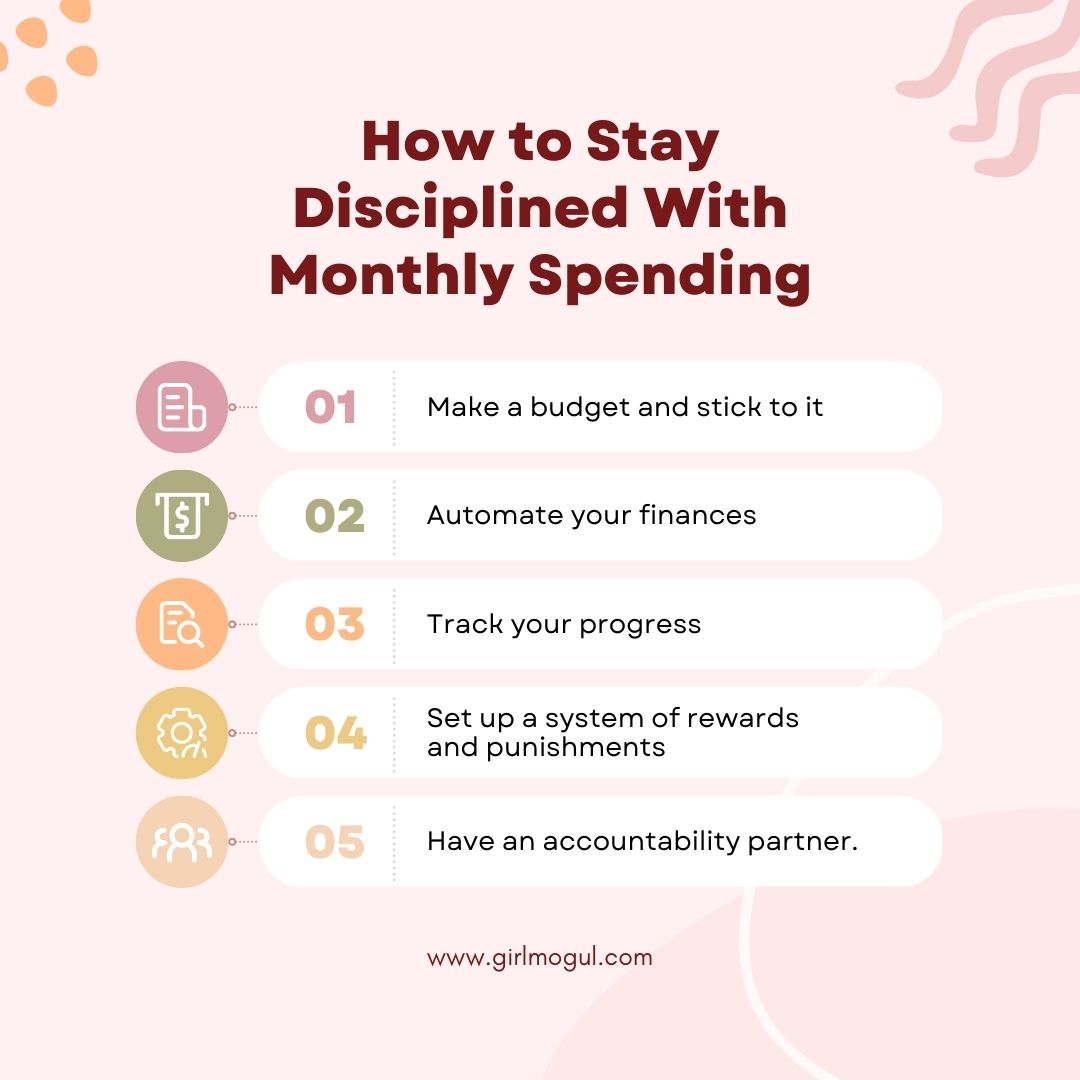Budgeting sucks...unless you have a larger goal in mind...
The 2014 Financial Literacy Survey, conducted by the Harris Poll, indicates that 61% of Americans don't use a budget! Are you one of these 61%? If so, you’ll be glad to discover that it's fairly easy to create a budget that will help you gain control of your finances!
Creating an effective budget has a number of benefits. By adopting a budget, you can make solid plans to achieve your financial goals and live the good life you deserve.
The best budgets are simple to follow, promote sound financial habits, and leave some room for a bit of fun and spontaneity.
Follow these steps to begin creating a budget that works for you:
- Identify your income. You need to know the amount of your total income before you can decide how to save and spend your money.
- Get started by making a list all of your sources of income, the amounts, and how frequently you’re paid.
- Common sources of income include the paycheck from your regular job, as well as additional revenue streams. Additional income could come from a hobby or in the form of an irregular source, such as money earned from a yard sale.
- List and categorize all of your expenses. When creating your budget, carefully categorize and consider what portion of your income you’re using on various types of expenses.
- Many budgeting templates advise you to classify your expenses into two categories: fixed and variable.
- If you have difficulty setting aside portions of your income for emergency savings and other financial goals, it can be really helpful to further categorize your expenses in terms of wants and needs.
- Fixed expenses are those expenses that regularly occur for a set amount. Rent or mortgage payments, car payments, and insurance premiums are often different types of fixed payments.
- Variable expenses occur at irregular times or for irregular amounts. When creating a budget, it's important to have the means to accurately forecast the amount and timing of your variable expenses.
- One sure fire way to save more of your income is to consider whether an expense is a true want or need, and reduce spending on the items that you merely want. This is a bit trickier than it sounds. For example, most of us would agree that food is a necessity, but the type of food that you choose to buy may reflect a want versus an actual need.
- Leave room in your budget for a bit of freedom and excitement. Achieving a proper balance between spending and saving allows you to do things you enjoy while increasing your control over your finances.
- Consider both sides of the equation. Just as you’re tracking your expenses and setting goals to reduce spending, look for ways to increase your income.

- Taking on a second job during your spare time or selling off items that you infrequently use are two common ways to increase your income.
- Eliminate tedious or boring budgeting tasks. You can maintain your enthusiasm to stick with your budget by using budgeting tools that automatically record and track your financial transactions.
- Keep your budget relevant. Review and adjust your budget on a regular basis to account for revised goals, fluctuating costs, and other changes.
A budget is an indispensable tool that can give you greater control over your finances. These tips make it easy to create a realistic budget that will work for you.

